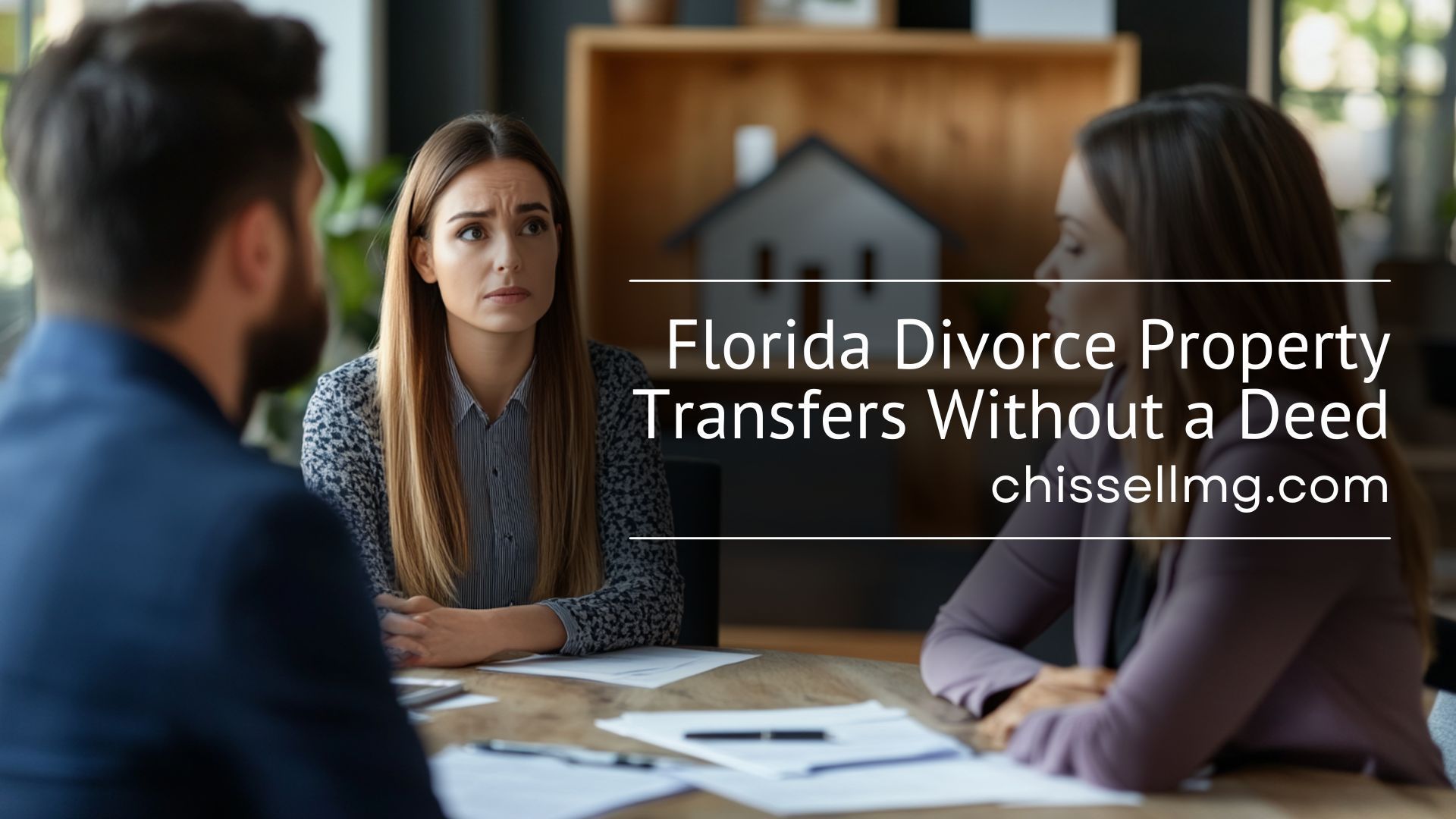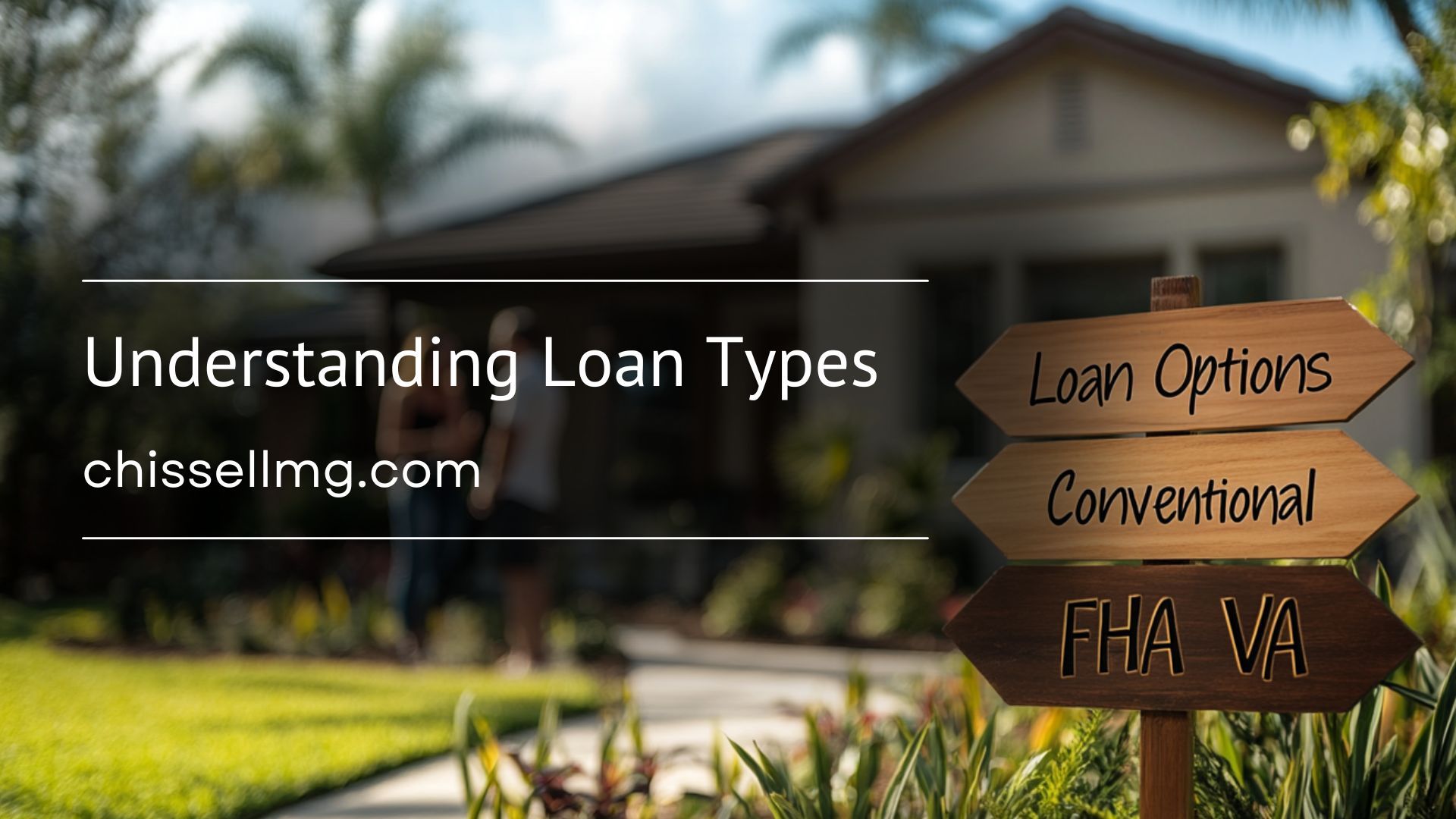What are Escrows and How Do They Work?
Buying your first home is thrilling, but it comes with its set of unfamiliar terms – one of them being "escrow". If you find yourself puzzled by this concept as a new homebuyer, you're not the only one. Let's dive in and simplify escrows for a smoother homebuying experience.
How Escrowing Works and Its Impact on Your Monthly Payment
Cracking the Escrow Code
In its simplest form, an escrow is an account held by a third party on behalf of two primary transacting parties. In the realm of homebuying, this means that your lender might set up an escrow account to collect and pay certain property-related expenses, such as property taxes and homeowner's insurance.
Every month, as part of your mortgage payment, you'll contribute a specified amount to this escrow account. Over time, this account will accumulate funds. When it's time to pay hefty bills like your property taxes or homeowner's insurance, the lender will pull from this account, ensuring that everything is paid on time.
So, how does it affect your monthly payment? Simply put, your monthly mortgage payment comprises the principal, interest, and often an amount towards taxes and insurance. That portion for taxes and insurance goes into the escrow account. It's a way to budget these large, less frequent expenses into digestible monthly chunks.
Opting Out: The Choice to Not Escrow
Is Escrowing Right for Everyone?
Choosing not to escrow is an option some lenders might offer to certain borrowers, especially if you've made a substantial down payment or if you have a proven track record of on-time tax and insurance payments. Some lenders do require the borrower to escrow or may have a fee for choosing not to escrow.
When you decide not to escrow, the responsibility of paying property taxes and insurance falls squarely on your shoulders. This means you need to be diligent about saving and ensuring that these large bills get paid punctually. For some, this method offers more control over their finances, but it also requires discipline and organization. Most of the time, we do recommend to escrow as it is a much safer option.
Adapting to Changes: Tax and Insurance Bill Increases
What If My Bills Go Up?
Let's face it; taxes rarely go down. Similarly, insurance premiums can increase over time. If you're escrowing, what happens then? Do they keep escrowing the same amount?
Typically, lenders will review escrow accounts annually to ensure there's enough to cover expenses. If your tax or insurance bills have increased, your lender will likely adjust your monthly payment to reflect the difference. This ensures that there's enough in the account when those bills come due. If there's an overage in the account after bills are paid, you might receive a refund. Conversely, if there's a shortage, you might owe a lump sum or see a monthly increase.
Take Control of Your Homebuying Journey with Chissell Mortgage Group
Ready to venture into the realm of homeownership with confidence? Chissell Mortgage Group is here to guide you every step of the way, ensuring you understand every process, including the intricacies of escrows. Visit chissellmg.com or call
727-376-6900 to embark on your hassle-free homebuying journey today!
NMLS ID: 327290; NMLS ID: 2062741
Equal Housing Opportunity
Start Your Home Loan with Chissell Mortgage Group.
Your local mortgage broker.
NMLS #2062741





